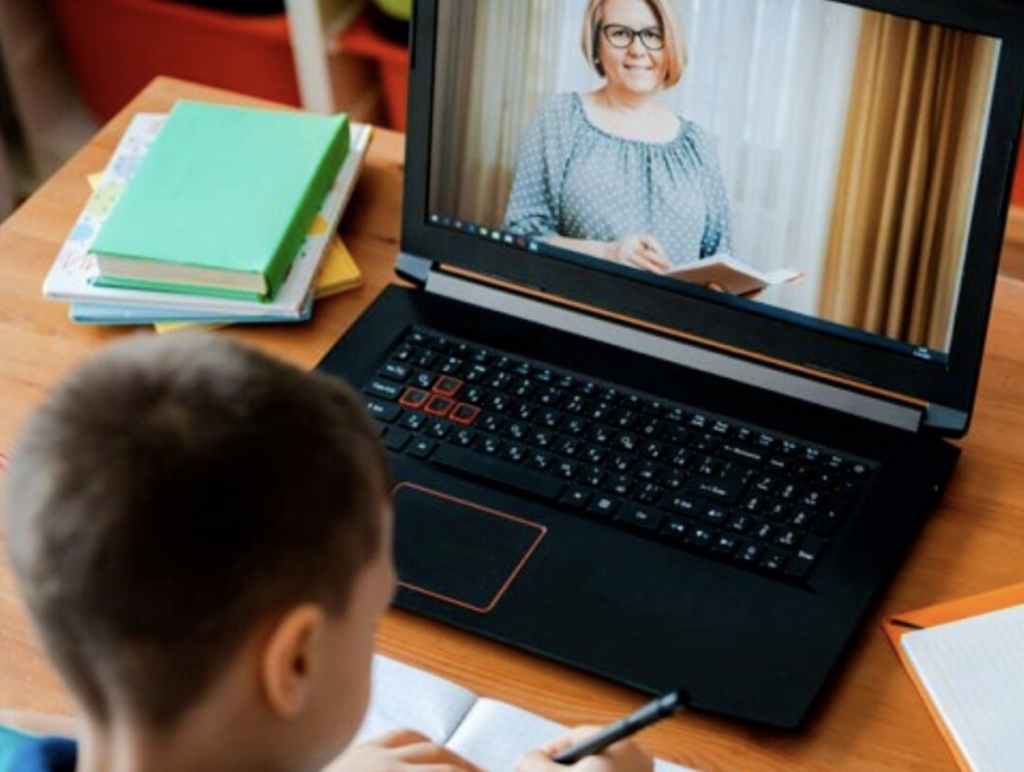
It’s easy to get fed up when our children act out. And if you are home with your kids all day, then your patience is probably wearing much thinner than usual. It is virtually impossible for us to always respond to our children’s behaviors in exactly the way we should. After all, we’re human. But when the back-and-forth turns into a power struggle, no one ever wins. They are still dealing with feelings they don’t know how to manage or express, and you are still frustrated, overwhelmed, and at a loss for how to help. At the end of the day, you are still in charge, and you are the one who is in control. But you are also the one who is responsible for helping them cope. Try to keep these tips in mind when tensions are high and your tolerance is low.
Keep your cool, at least on the outside
While understandable, it doesn’t help the situation when we get hot-headed. If you get worked up, they become more worked up, and thus ensues a vicious cycle. In the moment, do your best to appear calm and levelheaded. If your child is having a particularly difficult time emotionally, be sure your calmness is warm and empathetic, not cold and distant. When the episode has passed, be sure to let out your frustration privately. Identify a productive outlet for the potentially explosive feelings you are not letting yourself show your child.
Identify and prevent possible triggers
Do you notice that every time you ask your child to clean his room, he ends up having a tantrum? What exactly is it about cleaning his room that causes him so much distress? Is it the act of cleaning their room? Is it the way you’re asking?
It’s so easy to get lost in talking your child down, implementing an appropriate consequence, and also trying not to lose our cool. It can be hard to remember that figuring out why they’re acting the way they are is just as important. In fact, it’s really the only realistic way to ensure that these behaviors decrease or, ideally, stop altogether. Once you identify specifically what it is that triggers your child, work hard to avoid those triggers. Sometimes it’s simpler than we think. Maybe your child just needs a heads up a few minutes before you are going to ask her to do something. The time it takes to pinpoint these triggers will be time well invested.
Be clear about your expectations
At the root of a lot of negative behavior is anxiety and confusion. The child who throws a tantrum when asked to complete what we feel is a simple task might not view the task the same way. Especially for younger children, it’s likely that they don’t know how to initiate or execute the task. Be extremely clear about what it is you’re asking them to do. Also be sure that your other behavioral and household expectations are clear and consistent as well. If your child was allowed to play video games on Monday before doing her homework, but they had to do their homework first on Tuesday, that’s a confusing mixed message. Set consistent rules and enforce them without exception.
Make sure consequences are logical
When assigning consequences for children’s misbehavior or poor choices, stick with the “break it, fix it” mentality. Consequences should always fit the infraction. If your child broke something in a moment of anger, grounding them so they can’t leave the house will probably just make them angrier. And it won’t fix what they broke. Of course, there should be a consequence for this, but the consequences should aim to allow children to learn from their mistakes and not just to merely punish. If the item they broke is fixable, then fixing it is the most appropriate consequence. If the item isn’t salvageable, think about how your child could make up for their actions. Did the item belong to a specific family member? Perhaps they write the family member a heartfelt letter apologizing and attempting to explain why this happened.
Parents for decades have viewed consequences punitively. If this is how you view consequences, as so many others do, try to think about them differently. The best approach for children and parents is to view consequences as opportunities to stop and reflect. When all is said and done, reflection paired with action is the most powerful way to help our children develop healthy coping mechanisms.




